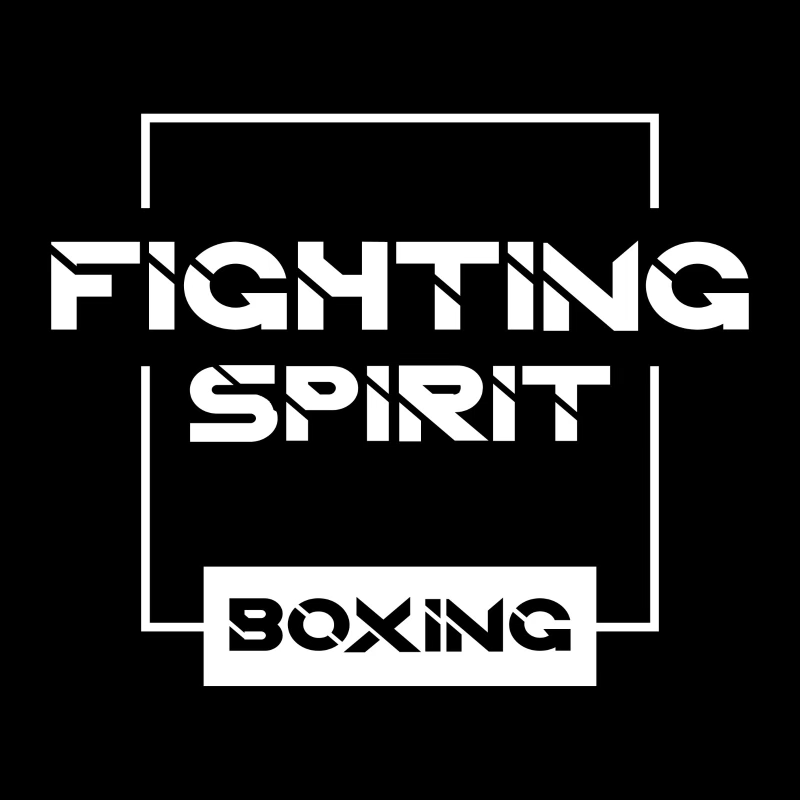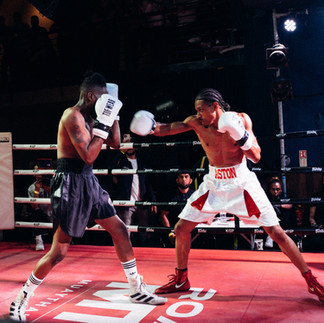Are unlicensed/semi-pro boxing matches good or bad for the sport of boxing?
- Fighting Spirit Boxing

- Sep 13, 2023
- 5 min read
At the start of this blog, I would like to share my own experience of boxing in the UK.
I will always recommend a young person - age 8 to 22 - to first take up amateur boxing.
Why? Let me explain.
Amateur boxing:
This is where young people will learn the foundations of the sport and real values, such as staying focused and being consistent, no matter what their background might be.
It is also a place where they can gain skills and develop themselves to a high level (Elite or Team GB).
Downsides:
- The process of reaching this level is lengthy. On average, boxers represent their club five times per season if they are lucky enough to find the right opponents.
It can take a long time to match boxers. In the old days boxers were willing to fight anyone. Nowadays coaches are more cautious and try to save their boxers as much as possible by researching their next opponents on social media. This removes the fact that boxing is a fight in which both parties will suffer.
- Before reaching an elite level, boxers have to participate in an enormous amount of club shows. This will give them the opportunity to enter tournaments in which they can win titles.
Tournaments are usually the place where boxing scouts come to spot boxers that could participate at the elite level or even be a part of the National Team.
- In the amateur circuit, most boxers don't get paid or sponsored, so the majority of expenses come out of the boxers' own pockets.
Therefore, amateur boxing is more suitable for young people, as they have less commitments compared to adults.
Professional boxing:
By definition, professional boxing should be a step above amateur boxing. Once boxers have achieved success in amateur boxing and are looking to continue to perform at the highest level, they can turn professional. In reality, it is not that easy. The process to get to a professional fight is not that straight forward. Let’s have a look at the different steps:
1. To turn pro, the boxer needs a license issued by the BBB of C ( British Boxing Board of Control). This involves interviews, a medical review and payment of the license fees.
2. Then they will have to find promotors who will give them an opportunity to fight in their boxing shows.
3. Once they get a chance to compete, they will have to sell tickets for the specific show. The promotors want the boxers to bring their crowd.
People don’t always realise that professional boxing is a business based on ticket sales, and boxers must sell a certain number of tickets to even be able to participate in fights. It is likely that fans who started following a boxer at amateur level and will buy tickets for their first professional fights. On the other hand, boxers who haven't been very successful need to still build a crowd and following since this is all promoters are interested in.
Boxers who compete at an elite level or make it to the Olympics automatically get a professional contract. Examples are Vasily Lomachenko, Alex Usyk, Anthony Joshua, Liam Campbell, Benjamin Whitaker, Floyd Mayweather, etc.
White collar boxing:
Boxing charity fights or white collar fights are events in which contenders train for 8-12 weeks and fight at the end of it for a worthy cause (hospitals, schools, fundraising .....). They are usually organised by a private person or company.
I think this concept is pretty useful, because it helps people become more disciplined and understand what difficult and hard work really entails.
Downside:
In the world of boxing, white-collar boxing events have the reputation of having the lowest boxing structures and techniques. The lowest quality boxers can be found in the white-collar contest.
Unlicensed/Semi-pro boxing:
These are boxing shows that are set up by private organisers, and don’t adhere to any government body. That is also were the name ‘Unlicensed’ comes from. The organiser does not need to be an expert as long as they have enough funds to cover the event's cost. Boxers can earn a price and/or commission on the tickets they sell.
Downside:
Unlicensed/semi-pro boxing matches once had a rather negative reputation due to promoters who didn't care about matching contenders properly. They just want to run a show to make money.
Luckily you can currently find a number of correctly organised and matched shows that give talented, skilled full-contact fighters an opportunity to compete to increase their experience and build up their following and crowd. Which makes it a great preparation for boxers that have the goal to eventually turn pro.
Conclusion:
I feel that the finest school of boxing is and always will be Amateur Boxing. Here, contenders will learn the foundations of boxing, how developing proper technique has a huge impact, and how significant it is to commit to and be consistent in training. The level of performance is high and cannot be taken lightly. Everything has a purpose, which requires a great deal of discipline.
Boxers can also put themselves to the test by attending inter-club matches or boxing competitions. But, as with any performance industry, boxers must be prepared to face injustice or politics since victory does not always belong to those who perform better.
White collar boxing fights are helpful in the boxing world. Boxing is an aggressive sport that can seem brutal to many people, but if you manage to put it into a different perspective, for example fighting for a worthy cause (children, hospital refurbishment,...) then it becomes a different story and one that more people can relate to. The contenders usually stick to boxing once they have completed the 8-12 week training camp and had their fight, because they enjoy the training camp and all the health benefits that come with it. Approximately 75% joins an amateur boxing club afterwards to continue to train.
In professional boxing, the purpose is to hurt and stop your opponent to win. Professional boxers have to develop a strong killing instinct to be successful at it, unlike amateur boxing where contenders have to score points to get the win.
The mere fact that you are a talented amateur boxer and have a solid record does not always mean that you will make it into the professional ranks.
As far as the business side is concerned, everyone would love to see their favourite boxers fight. However, if that doesn't happen it's not because one of them is afraid to challenge the other. It usually is because the money negotiation has stalled or hasn't been respected.
Unlicensed/Semi-pros boxing, can therefore be really good for the sport of boxing if it is organised by the right people with the right intensions. People who have been in the boxing game for years and have experience as and with amateurs, professional boxing, coaches, judges, referees, etc. They know the qualities of boxing and respect the importance of matching levels and skills. These shows can be a great stepping stone and transition between the amateur and professional level.
Muay Thai Grand Prix, one of the most successful Muay Thai promotions teams in the UK has given the opportunity for Paul Santamaria ( Pure Boxing Fitness) and I ( Fighting Spirit Boxing ) to create the " Boxing Grand Prix " where we are aiming to gather the finest fighters in the combat industry and make them compete under boxing rules.
Our first show will be on 04/12/2022 and will take place at Scala London Kingscross.
So I invite you all to contact me for tickets to come and see the fight of the year!
Follow Fighting Spirit Boxing on Facebook, Instagram, Youtube and TikTok. Visit www.fightingspiritboxing.com for more information on our products and services.
















Comments